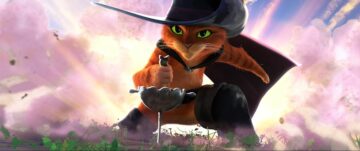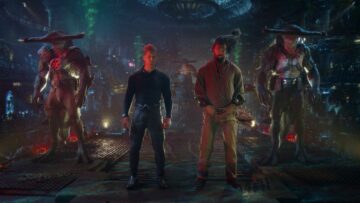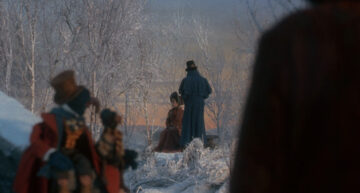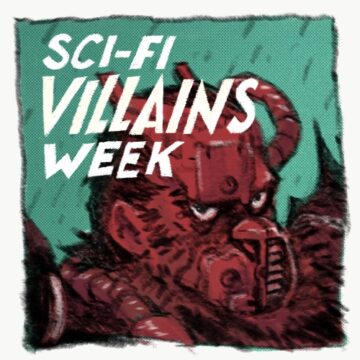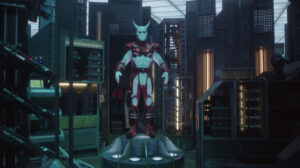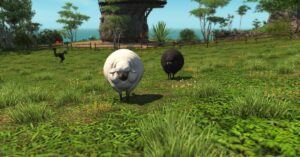For most Americans, myself included, Bernard Cribbins — the British actor and singer with over 70 years of experience on stage and screen who died this week at the age of 93 — will be best remembered as Wilfred Mott. As Wilfred, Cribbins was a regular supporting character in the fourth season of the then-recently rebooted Doctor Who (which just wrapped its 13th season in 2021), at the exact moment when the long-running British import was finally gaining a real foothold on this side of the pond.
This was a pretty remarkable thing in and of itself — even rebooted Doctor Who was a bit odd and hokey for mid-’00s U.S. airwaves, operating with different sensibilities and rhythms than American science fiction. But characters like Wilfred Mott quickly made the case for why there was nothing quite like it, making it immediately clear why the show has endured for nearly 60 years.
For the uninitiated, Doctor Who is a time travel show where an humanoid alien called The Doctor travels through time having adventures with pals called companions with the help of a time machine in the shape of a 1950s police call box that is much bigger on the inside. A central conceit of the show is that the Doctor does not die, but instead “regenerates” into a new form, so a new actor can assume the role. (The 13th and most recent Doctor is Jodie Whitaker, the first woman in the role. The next will be played by Ncuti Gatwa, the first Black actor in the role.)
Photo: Ben Blackall/BBC America/BBC Studios
In season 4, The Doctor was played by fan-favorite actor David Tennant, who would end his tenure as the Tenth Doctor shortly afterward after the season in a series of special episodes. In this season, The Doctor was accompanied by Donna Noble (Catherine Tate), a brassy and opinionated Londoner who often kept the Doctor on his toes and at a loss for words. Cribbins played her grandfather, Wilfred Mott, a kindly and eccentric old man who slowly got wrapped in his daughter’s adventures with the slightly mad man with a strange time machine.
Eventually, Wilfred would accompany the Tenth Doctor on his final journey in the special two-parter “The End of Time,” which fans knew in advance would end the Tennant era and welcome Matt Smith (now known for Morbius and House of the Dragon) as the Eleventh Doctor. And Wilfred, sadly, is the cause for the Tenth Doctor’s demise — trapped in a machine that purges radiation that he can only exit if someone takes his place, an ironic end after a two-part epic where the Doctor bested his greatest foe.
As Wilfred, Cribbins was a deceptively sweet, bumbling presence always capable of plumbing surprising depths of character at a moments notice. A few times, Wilfred’s backstory as a World War II veteran would cause him to rise up with a backbone no one suspected he had. As one of the show’s older cast members, Cribbins was a contrast to a character that was frequently played as a very ancient man in a young man’s body. While The Doctor always was in danger of turning sour thanks to his age, Wilfred had seen much, and still remained resolute in his kindness.
[embedded content]
The Tenth Doctor’s final moments memorably hinge on this. “Look at you, not remotely important,” the Doctor seethes, in denial over what he’s got to do to save Wilfred’s life when he, an immortal time traveler, “can do so much.” Including survive the radiation that will kill Wilfred — he just won’t be the same person anymore. He’ll be someone else, and he doesn’t want to go.
It’s a great Garden of Gethsemane moment in what’s usually a pretty light show, a heartbreaking exchange between two terribly empathetic actors emoting their hearts off. Cribbins makes himself small, aware of his insignificance in the cosmos, and believing the alien in front of him to be more important. But then the Doctor’s speech takes a turn: After raging against the cruelty of fate and his own selfishness, he finds himself again and tells Wilfred he would happily take his place, that “it would be my honor.”
Doctor Who is famously a show that abhors violence. It’s a show about people walking up to the edge of violent conflict and finding some way, any way, to save everyone with wit, intelligence, and love. The compassion in a moment like this — and more importantly, the fact that it is not always easy to do — is one of the things Doctor Who has frequently done better than many other shows with many times the budget. Because it took care to make characters like Wilfred Mott matter, through the talents of actors like Bernard Cribbins. And sometimes that’s all an actor has to do in order to be great: to remind people that they still matter.


